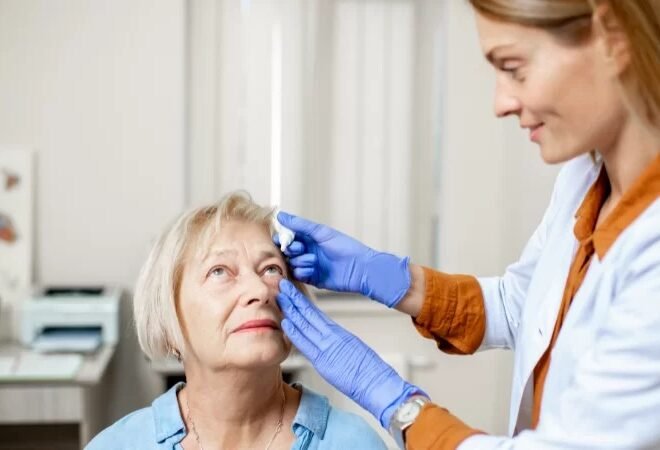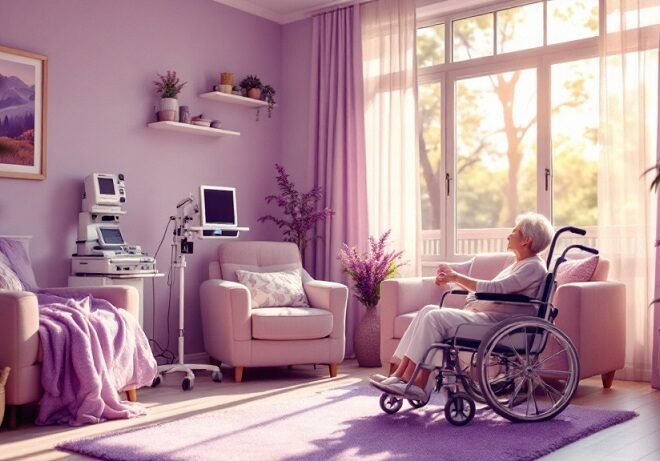
Recognizing Signs: Dementia or Depression in Elderly
Recognize the signs of dementia vs. depression in the elderly to ensure timely care, proper diagnosis, and support for emotional and cognitive health.
Is your elderly loved one acting different lately-forgetting things, feeling sad, or losing interest in life?
These changes could be signs of dementia or depression. Both are common in older adults and can deeply affect their well-being. Early signs are easy to miss, but getting help quickly can make a big difference.
Don’t ignore the signs-reach out to a doctor or mental health professional today.
Memory Loss
Older adults may start forgetting names, dates, or where they placed things. This can happen in both dementia and depression, but for different reasons. In dementia, memory loss gets worse over time and affects daily life. In depression, memory problems may improve with treatment.
It’s important to notice how often memory lapses happen. If someone is always confused or asking the same questions, it may be more than normal aging. A doctor can help find the cause and suggest the right care. Early action can lead to better results.
Mood Changes
Older adults may seem sad, angry, or easily upset. These emotional shifts can be signs of both dementia and depression. In dementia, mood changes may come with confusion or fear. In depression, they may feel hopeless or lose interest in things they once enjoyed.
Family members might notice a loved one crying often or reacting strongly to small issues. These changes should not be ignored. They can affect the person’s health and relationships. Talking to a doctor is the first step to finding the right support.
Confusion or Disorientation
An elderly person may forget where they are or what day it is. They might struggle to follow conversations or simple instructions. In dementia, these signs often get worse over time and happen more often. In depression, they may come and go with mood changes.
This confusion can make daily tasks hard and increase the risk of accidents. It may also cause fear or frustration for both the person and their family. These signs are not just a part of normal aging. Getting a medical check-up can help find the cause and the right care.
Withdrawal From Activities
Some older adults may stop joining family events or lose interest in hobbies they once enjoyed. This can happen with both dementia and depression. In dementia, withdrawal may be due to confusion or trouble following activities. In depression, it often comes from sadness or lack of energy.
Distinguishing dementia from depression can be hard when withdrawal is the main sign. A person with depression may return to activities with treatment, while someone with dementia may continue to pull away. Watching how they respond over time can give clues.
Trouble Communicating
Older adults may have trouble finding the right words or following a conversation. In dementia, this happens as the brain slowly loses language skills. In depression, they may speak slowly or seem uninterested in talking.
Family members might think the person is being distant or confused. It’s important to look at other signs, too. A doctor can help figure out what’s causing the problem and suggest ways to improve communication.
Learn All About Dementia or Depression
Being aware of the signs and knowing the differences between dementia or depression is the first step toward ensuring your loved one receives the care they need. As a caregiver or family member, your proactive approach can lead to early intervention and improved emotional and cognitive health for the elderly.
Did you enjoy reading this article? If so, then be sure to check out the rest of our blog for more!


